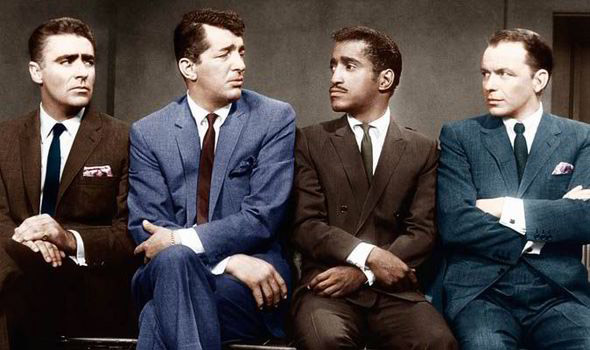“We talk a lot about race in this country a lot, but we don’t include you [in] the conversation… I’m interested in how you feel.”
That’s the open-ended question award-winning filmmaker Jose Antonio Vargas poses to young white Americans in his (aptly named) new documentary: “White People.”
The content of the film is interesting, but only scratches the surface. (To read a smart critique of “White People,” go here.) But where the movie succeeds is in bringing up a basic truth that, unfortunately, many white people in this country are still terrified to face: We have to start talking about and interrogating our whiteness.
We are two white women. We are also self-described progressives and critical thinkers, who write professionally about the way sexuality, gender and race intersect with the world we live in. Yet we still recognize an internalized reticence to engage in conversations about race and racism. Neither of us can remember a clear moment in our young lives during which we realized we were white, and what that meant. When we’re pulled over by a cop, our biggest fear is that we might get an expensive speeding ticket. We have always seen faces that look like ours on TV and in movies. All of these things speak to the depth of our white privilege — and the fact that people of color certainly can’t say the same. We do not live in a “post-racial” world.
The same way men need to be forced to confront, interrogate and reckon with masculinity in order to address sexism, white people need to face their whiteness. And it is not the responsibility of people of color to educate white people about race. People of color don’t need to be taught that racism exists — they live it every day. It shouldn’t (and can’t) be on their shoulders to enlighten the rest of us. We have to do that for ourselves.
Here are 11 things every white person who doesn’t want to be Part Of The Problem should know…
